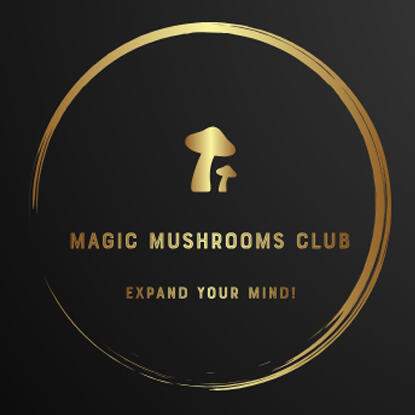
Magic Mushrooms Club








Penis Mushrooms
Magic Mushrooms, also known as psilocybin mushrooms, are a type of fungi that contain the psychoactive compound psilocybin. Psilocybin is known for its hallucinogenic properties and can induce altered states of consciousness, euphoria, and visual and auditory hallucinations.
Magic mushrooms have a long history of use in various cultures for spiritual and recreational purposes. They are typically consumed orally, either by eating the dried mushrooms directly or brewing them into a tea. The effects of magic mushrooms can vary depending on the species and dosage consumed, as well as individual factors such as body weight and metabolism.
When ingested, psilocybin is converted by the body into psilocin, which binds to serotonin receptors in the brain, particularly in areas responsible for mood, perception, and cognition. This interaction leads to changes in perception, sensory experiences, and an altered sense of self.
It is important to note that the use of magic mushrooms carries legal and safety considerations. The legal status of psilocybin-containing mushrooms varies from country to country and even within different regions. Additionally, the use of magic mushrooms should be approached with caution, as they can induce intense psychological effects and potentially trigger anxiety, paranoia, or other adverse reactions, particularly in individuals with pre-existing mental health conditions.
If you are considering the use of magic mushrooms or any other psychoactive substances, it is crucial to prioritize your safety, educate yourself about the potential risks and benefits, and, ideally, seek guidance from a medical or mental health professional.

